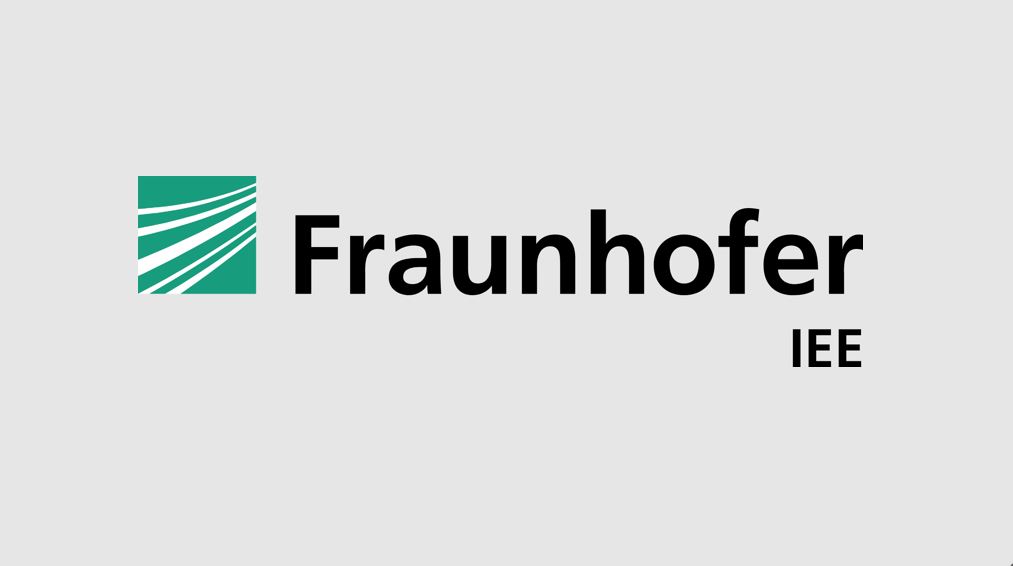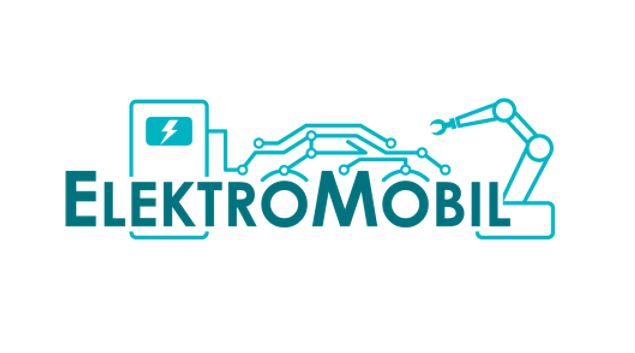Save the Date!
We will be exhibiting at the NEFTON Megawatt Charging Event on 19th July 2024.
SPIRIT-E
SPIRIT-E
SPIRIT-E
Goals and Key Innovations
SPIRIT-E is a research project aiming to accelerate the electrification of the transport sector with battery electric trucks (BET), their bidirectional integration and a reservable shared usage of private charging infrastructure. Funded by the German Federal Ministry for Economic Affairs and Climate Action, the project objectives are developed by eight consortium partners with broad expertise over the whole ecosystem of transport electrification. The main research goal is to quantify the economic potentials of integrated truck operation and bidirectional charge management and evaluate the effects for road transportation and energy grids. The final product will be demonstrated in real-world laboratories at logistics sites.
The three key innovations developed in SPIRIT-E are …
Shared Private Infrastructure
Enabling third-party vehicle use of private charging infrastructure when available, alongside implementing smart energy management systems, ensures efficient utilization. This increased usage leads to quicker amortization and generates additional revenues for the charging infrastructure.
Reservation System
Efficient fleet charging management requires reserving private infrastructure for in-house vehicles, ensuring reliable planning by also allowing reservations for third-party vehicles. Emphasis is on developing seamless authorization and accounting processes to optimize operational efficiency.
Bidirectional Charging
Showcasing bidirectional use cases (V2X) facilitates the synergy between transport and energy sectors. Behind the meter, applications like peak load reduction at logistics sites are viable. In front of the meter, possibilities include trading on the spot market and engagement in grid service operations like redispatch or power control.
Shared Private Infrastructure
Enable the usage of the private charging infrastructure at logistics depots for third-party vahicles when capacities are available. For an efficient utilization, smart energy management systems and operation strategies for vehicles, depots and grids are to be implemented. The increased usage of the charging infrastructure leads to faster amortization and generates additional revenues.
Reservation System
Implementation of a reservation system for charge points and capacities at the private charging infrastructure enables a smoth operation. For an efficient fleet charging management, in-house vehicles must have the possiblity to reserve charge points. Thir-party vehicles need the reservation, to ensure reliable planning. Emphasis lies on developing seamless authorization and accounting processes to optimize operational efficiency.
Bidirectional Charging
Demonstrate bidirectional use cases (V2X) and enhance the coupling between of the transport and energy sector. Applications such as peak load reduction at logistics sites are viable behind the meter. In front of the meter, possibilities include trading on the spot market and engagement in grid service operations like redispatch or power control.
Motivation
SPIRIT-E paves the way for the sustainable electrification of commercial vehicles.
Major challenges for OEMs and logistics companies are the high cost pressure combined with requirements in payload, range and efficiency. The key factor is the Total Cost of Ownership (TCO), while the maximum revenue for logistics companies can be achieved by a maximized and predictable driving time. Therefore, reliable availability of charging points with high charging capacities are particularly important. As there is a general lack of high capacity charging points, the expansion of private charging infrastructure at depot locations, including their electrical upgrade and public availability (particularly in long-distance transport) is essential. On grid side, new flexibility sources for grid services are crucial. The implementation of charging infrastructure and renewable energy combined with the shift to many small decentral energy generators therefore requires a smart grid integration.
The goals and innovations will have an impact in all domains of sustainability.
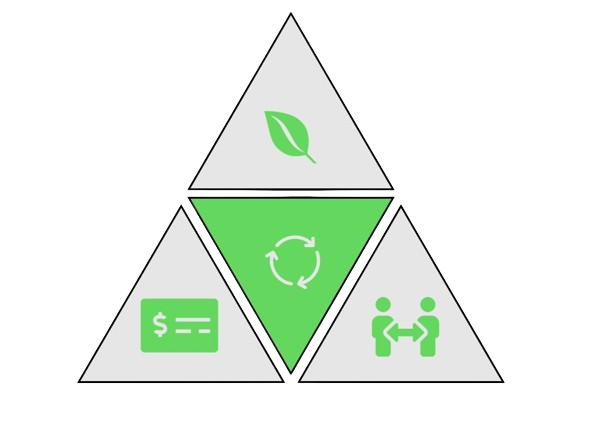
Motivation
SPIRIT-E paves the way for sustainable electrification of commercial vehicles. The goals and innovations will have an impact in all domains of sustainability.
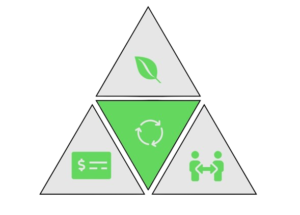
Major challenges for OEMs and logistics companies are the high cost pressure combined with requirements in payload, range and efficiency. The key factor is the Total Cost of Ownership (TCO), while the maximum revenue for logistics companies can be achieved by a maximized and predictable driving time. Therefore, reliable availability of charging points with high charging capacities are particularly important. As there is a general lack of high capacity charging points, the expansion of private charging infrastructure at depot locations, including their electrical upgrade and public availability (particularly in long-distance transport) is essential. On grid side, new flexibility sources for grid services are crucial. The implementation of charging infrastructure and renewable energy combined with the shift to many small decentral energy generators therefore requires a smart grid integration.
The goals and innovations will have an impact in all domains of sustainability.
Climate Protection By Reducing Emissions
The utilization of Battery Electric Trucks (BETs) plays a crucial role in reducing CO2 emissions, contributing significantly to climate protection efforts aimed at achieving climate goals. Additionally, enabling the sector coupling of the transport and energy sectors facilitates the integration of renewable energy into the grid. This interconnected approach holds the potential for a large-scale impact on environmental sustainability.
Securing And Improving Profitable Logistics
Further regulative restrictions in emissions will lead to higher costs in operation with conventional trucks. Optimal operation of BETs and their integration will secure profitable logistics. Additionally, a high utilization of the charging infrastructure and vehicle battery monetization in secondary use cases by participition in grid service operations, lead to faster refinancing and additional revenues, thereby securing overall profitability.
Securing And Improving Social Standards
In the face of rising operational costs for conventional trucks, achieving well-balanced pricing and ensuring profitable logistics operations with BETs becomes essential to establish a stable cost structure for the trasported products and consumer goods. The demand for flexible logistics arising from price competition is met by addressing the need for prospective and profitable road transportation through the utilization of battery electric trucks.
Motivation
SPIRIT-E paves the way for the sustainable electrification of commercial vehicles.
Major challenges for OEMs and logistics companies are the high cost pressure combined with requirements in payload, range and efficiency. The key factor is the Total Cost of Ownership (TCO), while the maximum revenue for logistics companies can be achieved by a maximized and predictable driving time. Therefore, reliable availability of charging points with high charging capacities are particularly important. As there is a general lack of high capacity charging points, the expansion of private charging infrastructure at depot locations, including their electrical upgrade and public availability (particularly in long-distance transport) is essential. On grid side, new flexibility sources for grid services are crucial. The implementation of charging infrastructure and renewable energy combined with the shift to many small decentral energy generators therefore requires a smart grid integration.
The goals and innovations will have an impact in all domains of sustainability.

Climate Protection By Reducing Emissions
The utilization of Battery Electric Trucks (BETs) plays a crucial role in reducing CO2 emissions, contributing significantly to climate protection efforts aimed at achieving climate goals. Additionally, enabling the sector coupling of the transport and energy sectors facilitates the integration of renewable energy into the grid. This interconnected approach holds the potential for a large-scale impact on environmental sustainability.
Securing And Improving Profitable Logistics
Further regulative restrictions in emissions will lead to higher costs in operation with conventional trucks. Optimal operation of BETs and their integration will secure profitable logistics. Additionally, a high utilization of the charging infrastructure and vehicle battery monetization in secondary use cases by participition in grid service operations, lead to faster refinancing and additional revenues, thereby securing overall profitability.
Securing And Improving Social Standards
In the face of rising operational costs for conventional trucks, achieving well-balanced pricing and ensuring profitable logistics operations with BETs becomes essential to establish a stable cost structure for the trasported products and consumer goods. The demand for flexible logistics arising from price competition is met by addressing the need for prospective and profitable road transportation through the utilization of battery electric trucks.
Big Challenges
are arising in the transportation & energy sector …
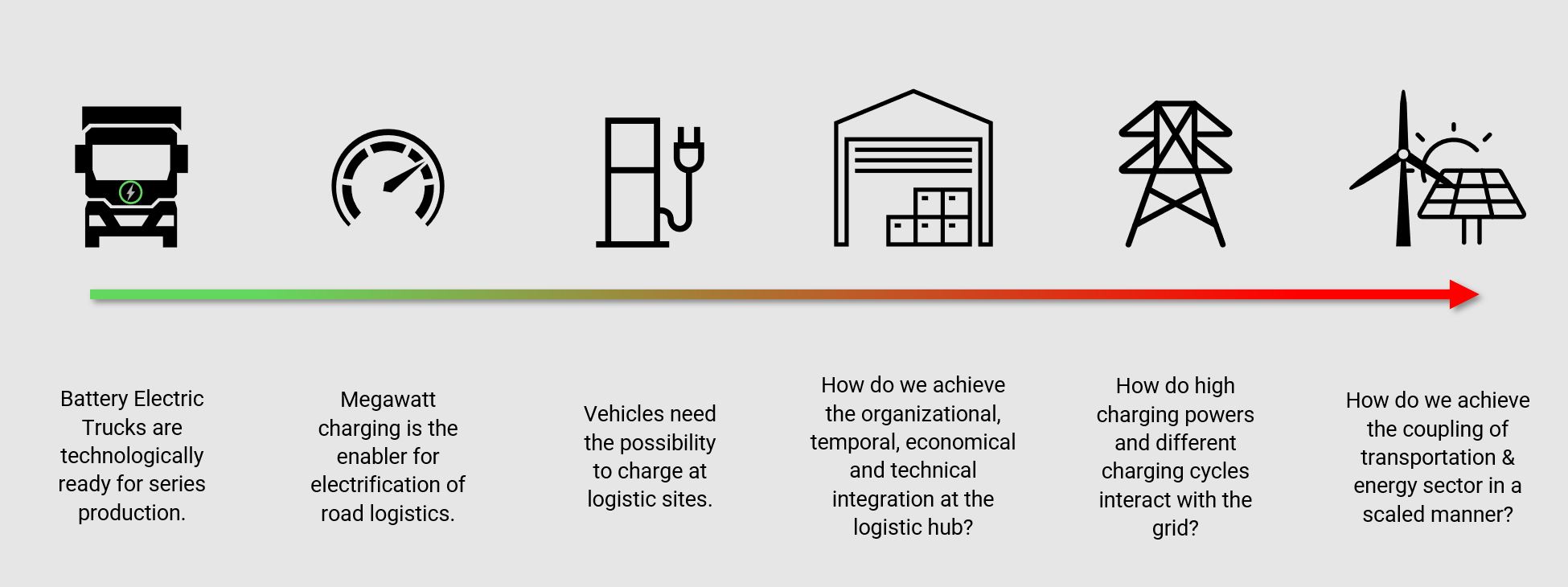

... We Seek To Tackle Them
by our eight consortium partners with broad expertise over the whole ecosystem of transport electrification.
Project Partners
-
Technical University of Munich
Accompanying research in operational strategy
-
MAN Truck and Bus SE
Bidirectional truck and optimized fleet charging interface
-
Forschungsstelle für Energiewirtschaft e.V.
Accompanying research in energy-economic integration
-
Fraunhofer IEE
Energy Data Space application and aggregation systems
-
TenneT
System integration
-
Consolinno Energy GmbH
Flexibility data aggregation and measurement data
-
Hubject GmbH
Roaming, PnC and reservation systems
-
SBRS GmbH
Bidirectional charging unit with high charging capacity
Associated Partners
Project Partners
-
Technical University of Munich
Accompanying research in operational strategy
-
MAN Truck and Bus SE
Bidirectional truck and optimized fleet charging interface
-
Forschungsstelle für Energiewirtschaft e.V.
Accompanying research in energy-economic integration
-
Fraunhofer IEE
Energy Data Space application and aggregation systems
-
TenneT
System integration
-
Consolinno Energy GmbH
Flexibility data aggregation and measurement data
-
Hubject GmbH
Roaming, PnC and reservation systems
-
SBRS GmbH
Bidirectional charging unit with high charging capacity
Associated Partners
Funding
Funding



Press Releases

SPIRIT-E: Research Project on Heavy-Duty Electric Truck Charging
In the European road transportation sector, commercial vehicles are currently responsible for a significant portion of greenhouse gas emissions. Electrifying commercial vehicles with battery technology holds the greatest potential for sustainable emission reduction, aligning with the European Commission’s proposed goal to reduce CO2 emissions from heavy-duty vehicles by 90 percent by 2040. However, the combination of cost pressures and high demands for payload, range, and efficiency presents significant challenges. Transitioning to heavy-duty electric trucks requires not only investments in the vehicles themselves and on-site charging infrastructure but also the establishment of a public fast-charging network for trucks. …

Forschungsprojekt Spirit-E nimmt Fahrt auf
Um dem E-Lkw zum Durchbruch zu verhelfen, muss vor allem die Energieversorgung für die Fahrzeuge sichergestellt werden. Im Zuge des im August 2023 gestarteten Forschungsvorhabens Spirit-E wurden nun zwei Reallabore in Betrieb genommen, um die Einbindung privat betriebener Ladestrukturen auf den Arealen von Speditionen, Umschlaganlagen und Logistikzentren zu untersuchen und Lösungsvorschläge zu erarbeiten. …

SPIRIT-E: Forschungsprojekt zum Laden von schweren E-LKW
Das von der Bundesregierung mit einer Laufzeit von drei Jahren geförderte Forschungsprojekt SPIRIT-E soll bestehende Hürden in der Elektrifizierung des Schwerlastverkehrs identifizieren und praxisorientierte Lösungen erarbeiten. Ein Ansatz: Private Ladepunkte sollen mit anderen geteilt werden. …

Spirit-E analysiert Potenziale privater Ladepunkte für NFZ
Das Projekt Spirit-E erforscht das Laden von schweren E-Lkw. Die Idee: Private Ladepunkte mit externen Nfz teilen. Bidirektionales Laden soll die Nfz zudem in das lokale Energiesystem integrieren. Das Forschungsprojekt Spirit-E will bestehende Hürden in der Elektrifizierung des Schwerlastverkehrs identifizieren und praxisorientierte Lösungen erarbeiten. In Reallaboren soll erforscht und entwickelt werden, wie bidirektionales Laden und eine reservierbare private Ladeinfrastruktur in bestehende Energiesysteme und -netze erfolgreich integriert werden können. Damit soll die Sektorenkopplung von Energie- und Transportsektor besser gelingen. …

Wie Spirit-E Elektro-LKW alltagstauglich machen will
Der jüngste Vorschlag der Europäischen Kommission ist ambitioniert: Die CO2-Emissionen schwerer Nutzfahrzeuge sollen bis 2040 um 90 Prozent verringert werden. Das ist auch dringend notwendig, schließlich sind Nutzfahrzeuge im europäischen Straßenverkehr für gut ein Drittel der Treibhausgasemissionen verantwortlich. Batterieelektrische LKW zeichnen sich dabei gegenwärtig als geeignetste Lösung ab: Eine Elektrifizierung von Nutzfahrzeugen mit Batterietechnologie bietet das größte Potential für eine nachhaltige Emissionsreduktion. …

Spirit-E: Forschungsprojekt zum Laden von schweren E-LKW
Das von der Bundesregierung mit einer Laufzeit von drei Jahren geförderte Forschungsprojekt SPIRIT-E soll bestehende Hürden in der Elektrifizierung des Schwerlastverkehrs identifizieren und praxisorientierte Lösungen erarbeiten. Ein Ansatz: Private Ladepunkte sollen mit anderen geteilt werden. Dazu sollen Reallabore an zwei Logistikstandorten aufgebaut und Entwicklungsergebnisse in ihrer Praxistauglichkeit erprobt werden, wie der an SPIRIT-E beteiligte …




